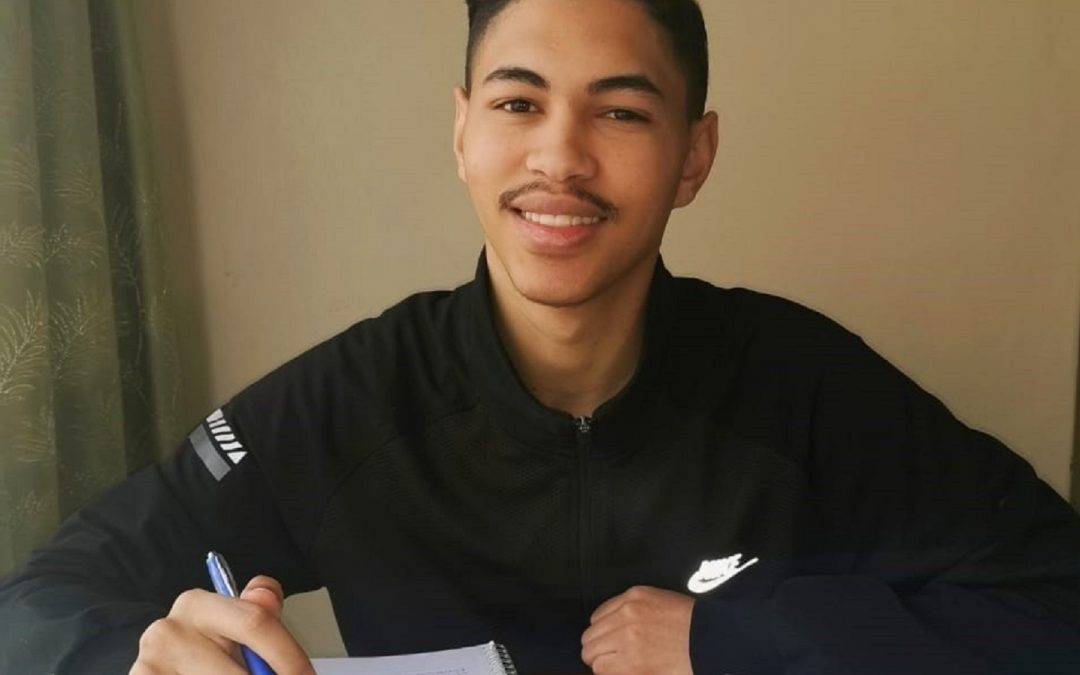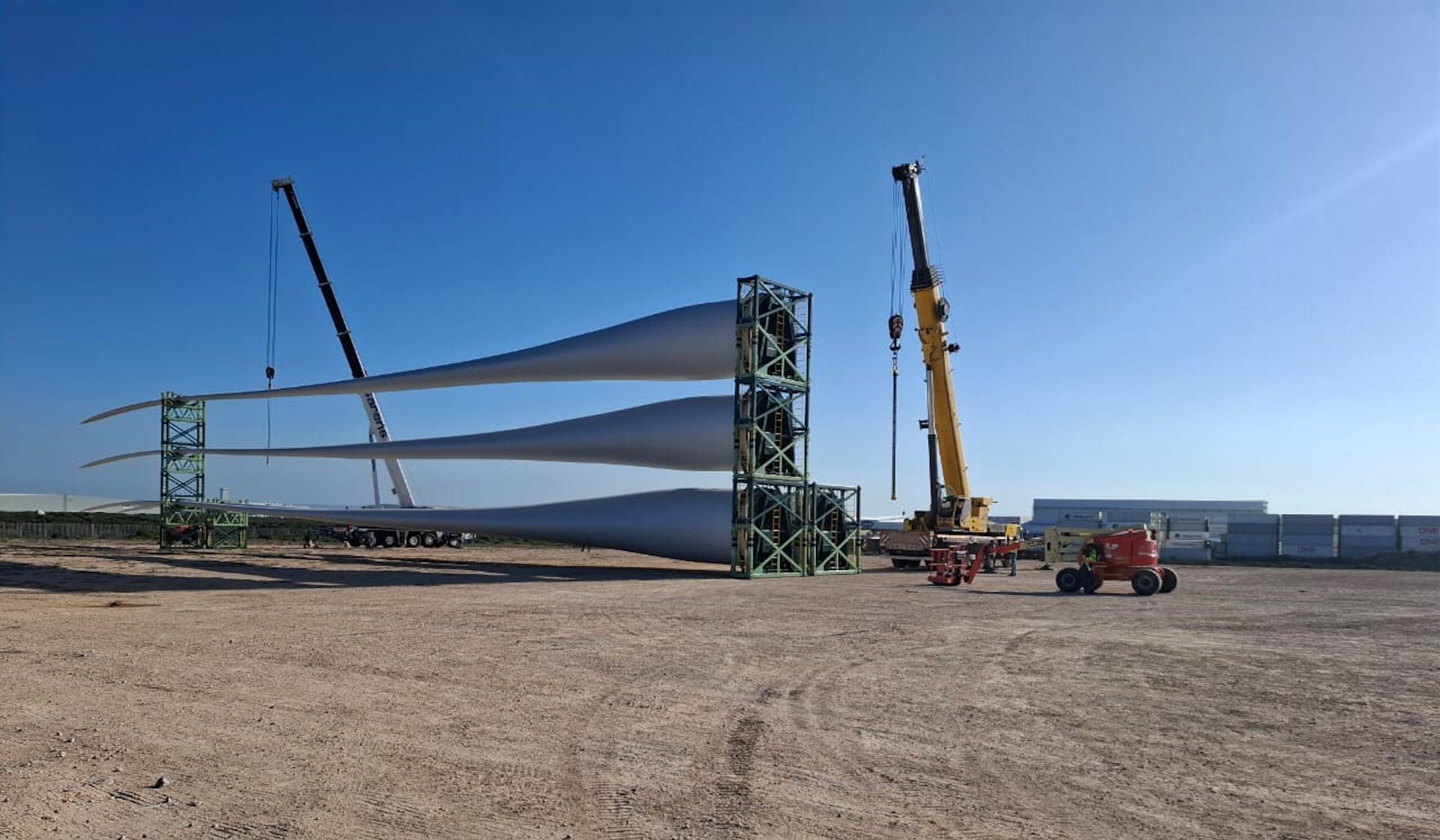The Globeleq Scholarship Fund (GSF), the renewable energy industry’s flagship scholarship programme, which accounts for a sizeable percentage of the industry’s funded scholarships and reaches across the country, has announced the opening of its upcoming 2023 academic year applications. The Fund is open nationally for any national diplomas or BTech degrees in mechatronic or electrical engineering, in addition to select provincial categories, design to benefit specific communities that fall within the renewable energy map.
Having launched eight years ago, when the sector was in its nascency, the fund has already supported over 370 students, with bursaries valued at over R20 million. Hence, this tertiary education funding vehicle is activity contributing towards the country’s transformation agenda, the Just Energy Transition, and the industry’s drive for gender diversity.
“This education fund delivers on a number of agendas, by supporting 100% black youth and mostly women beneficiaries, as we continue to set an ambitious target not only for the renewable energy industry but for other sectors who are striving to support our country’s developmental agenda,” said Hlengiwe Radebe, Economic Development Director for Globeleq South Africa Management services.
The GSF Engineering fund is designed to support the renewable energy sector and ensure a pipeline of qualified talent, in addition to contributing to the long-term sustainability of the communities in which Globeleq’s eight solar and wind power plants operate. The fund has evolved over the years to prioritise local youth, so that they boost their local economy after they have completed their studies.
The GSF Scarce Skills fund is specifically offered to students in the Northern and Eastern Cape wishing to pursue degrees or certificates in education, agriculture or nursing. These areas need these types of skills to support regional economic development.
Thirdly, the GSF Communities fund is open to students who are studying any course; however, these students must reside within a 50km radius of either Jeffreys Bay Wind Farm, De Aar Solar Power, Droogfontein Solar Power, Klipheuwel Wind Farm, Aries Solar Power, Konkoonsies Solar Power, and Soutpan Solar Power.
“The Globeleq Scholarship Fund has expanded its wings and grown as we have increased our operational footprint, since its inception in 2014. The programme has given opportunities to students from all nine provinces of the country, because many engineering students were not from communities that are within the areas where our power plants are based, but from other provinces, such as KZN. The support given to the students will continue to bring hope to students who are unable to pay for and further their studies,” said Radebe.
The GSF utilises a less conventional and holistic approach to funding, by typically not only focusing on academic achievement, but rather on financial need, location of the students and gender to demonstrate its commitment to increase the cache of women engineers in the country and to the sector.
The GSF also offers an internship programme, launched in 2015, to allow for beneficiaries to gain the necessary sector work experience. Specifically, the opportunity for national diploma students to complete their required in-service training and thereby help fill the technical skills gap within the renewable energy industry. To date, the programme has spent over R17 million, with a total of 74 interns employed.
“We are incredibly pleased that 80% of former interns have found work within the renewable energy industry, or are furthering their studies,” concluded Radebe.


